
There is no such thing as race – true or false? The answer is true. Contemporary scholars agree that “race” is a recent invention. There is only one race, the human race.
In fact, there is widespread agreement among scholars that race, as understood in the United States, is a social construct rather than an objective, scientifically or biologically consistent characteristic of a person or group of persons. Evidence from the Human Genome Project indicates that the genetic code for all human beings is 99.9% identical; there are more differences within “racial” groups than across groups.
We are all similar and of the same human race, all children in God’s family. “They are precious in Christ’s sight. Jesus loves the little children of the world.”
___________________________________________
There is an invisible monster that perpetually feeds the system of racism. And that monster’s name is privilege.
___________________________________________
If there is no such thing as race, why do we spend so much time categorizing, comparing, lowering, leveling and judging? Yes, there is one human race, and, unfortunately, there is also a gigantic, ugly thing called racism. Racism is not merely prejudice or a belief system that views some people as inferior and others as superior. Nor is racism only the presence of unfair laws, which are built on assumptions of preference. It is not just policies that favor certain types of employees, club members, or church members. Racism is at its most insidious when it institutionalizes racial preference and causes people of color to be viewed, consciously or subconsciously, as inferior.
There is an invisible monster that perpetually feeds the system of racism. And that monster’s name is privilege. (Some focus on one of its forms called “white privilege”). Privilege is what guards the status quo, keeps systemic racism vibrant, and makes it so hard to tear apart. It keeps the same racism of the 1990’s, and of the 1960’s, and of 1865, alive, healthy, vibrant and well. It is like a lethal gas being piped into our homes and businesses. It is like a quiet wiretap that you cannot hear when you’re talking on your phone. It is like a subtle melody being played in the background, that many of us cannot pick out and do not notice. It is a form of terrorism that is home-grown. And in our society, our church, and even our families, this monster lives healthily every day.
There are a majority of people who don’t even recognize that they have privilege or how exercising their privilege oppresses others every day. Many people with privilege are good people. Some are Presbyterians, who would not think of harming individuals or families in their communities. But, as a whole, by exercising their unearned privilege they perpetuate the insidious system of institutional racism.
Peggy McIntosh defines the mechanism of privilege in her writings and in her forward to Karen Weekes’ book Privilege and Prejudice:
“Privilege exists when one group has something of value that is denied to others simply because of the groups they belong to, rather than because of anything they’ve done or failed to do. Access to privilege doesn’t determine one’s outcomes, but it is defiantly an asset that makes it more likely that whatever talent, ability, and aspirations a person with privilege has will result in something positive for them.” (See Karen Weekes, foreword by Peggy McIntosh, Privilege and Prejudice: Twenty Years with the Invisible Knapsack. Cambridge: Cambridge Scholars Publishing, 2009).
Paula Rothenberg writes about the stakes of engaging with privilege:
“Privilege is the other side of racism. Unless we name it, we are in danger of wallowing in guilt or moral outrage with no idea of how to move beyond them. It is often easier to deplore racism and its effects than to take responsibility for the privileges some of us received as a result of it…once we understand how white privilege operates, we can begin addressing it on an individual and institutional basis.” (See Paula Rothenberg, ed. White privilege: Essential readings on the other side of racism. 5th edition, New York: Worth Publishers, 2015).
There are people whom I love who cannot walk down the street without being “stopped and frisked.” (One is an award-winning film producer in New York City.) There are people I love who, because of their place in society, do not have access to good healthcare facilities or nursing homes. And, when they die, the call is made to a certain kind of mortuary. Even in death, they are not taken to the cemetery where most of the Presbyterians at their church are buried. Because of the color of their skin, they are taken to another cemetery on another side of town. But many people choose not to stare the monster of privilege in the eyes, and they just do not see these differences.
Discrimination can be hard to understand if you don’t see it every day. Imagine with me that you exist in a system where your life and needs are not a number one priority, but it feels like you are number ten million. Imagine that you need to wait for good housing, wait for a good education, and wait for a good job, regardless of your skills. Imagine that every day you are identified by what you are not. You are not in the privileged group, and you do not deserve things—I do not mean lavish things, but basic, common services: medicine, health care, food, employment, and shelter. Imagine that a system has been designed to deny your care and peace of mind, where the simple needs of everyday life are put behind barriers, complicated by a lack of resources, and blocked by society’s assumptions. This is hard to imagine for some, isn’t it? And at the same time, for some of us it is not at all hard to imagine.
___________________________________________
If you have also been taught by a beautiful Presbyterian community that you are a beloved child of God, then this loathing seems like a confusing betrayal—like the American promise of inalienable rights has been broken.
___________________________________________
Friends, all of us live with the invisible monster, but some of us see it every day. Some of us deal with it every day in our families, in our jobs, at the grocery store, and at the doctor’s office. In certain parts of the country, it is even worse. And, in some parts of town, it is horrible.
We need to wake up to this reality. This ugly, invisible monster affects our quality-of-life and peace of mind, limits our ability and strength to love, shapes our thoughts about people in different groups, and perpetuates self-hatred and self-loathing. It doesn’t make sense, but if society loathes you, then you start thinking that it has something to do with you. And, if you have also been taught by a beautiful Presbyterian community that you are a beloved child of God, then this loathing seems like a confusing betrayal—like the American promise of inalienable rights has been broken.
The Presbyterian Church (U.S.A.)’s antiracism policy is called “Facing Racism: A Vision of the Intercultural Community,” and it was approved by the 222nd General Assembly (2016). The policy states that racism is sin, and that it is a spiritual problem that demands action. The introduction to the revised policy reads:
“This is not a time for timidity. The current struggles over racial justice in the United States mark a kairos moment. The Presbyterian Church (U.S.A.) has long held strong convictions regarding the sinfulness of racism and the need to struggle against it. Speaking our own convictions now, with clarity and power, could make a tangible difference in the current struggle. Furthermore, it is required of us, as the church is called to proclaim the Good News of Jesus Christ. Neglecting to speak powerfully in this moment would also be regrettable.”
But how do we end racism? What shall we do to recognize and eliminate privilege? How do we end the reign of the invisible monster?
I admit to you today that I’m disheartened, that after so much bloodshed, so much sacrifice, so much “progress,” we are still bound by color distinctions, separated by race and ethnicity, judged by class and gender and gender identity, categorized by many other distinctions that are simply arbitrary. And we seem to be asleep to the fact that these separations lead to real harm.
___________________________________________
When we see invisible, unearned privilege and disrupt racism, sexism, and bias, even within the few systems and communities around us, with God’s help, we have the power to collectively end the reign of the invisible monster called privilege.
___________________________________________
We are brainwashed into thinking that something as arbitrary as skin color, hair texture, full lips, thin noses, or other physical features make some people more valuable than others and place some people in a privileged category and others in a disadvantaged category. This kind of faulty thinking is wrong. What will it take for us to come together and appreciate all that makes us human and unique? It seems to me that a first step is to recognize racism for what it is, everywhere that it hides. When we see invisible, unearned privilege and disrupt racism, sexism, and bias, even within the few systems and communities around us, with God’s help, we have the power to collectively end the reign of the invisible monster called privilege.
The former Stated Clerk of the General Assembly of the Presbyterian Church Eugene Carson Blake – the only Presbyterian to speak at the March on Washington in 1963 – said “…We come [to the Lincoln Memorial] – late, late we come – in [a] reconciling and repentant Spirit …” Sometimes we sign on late, nevertheless, we are there.
That we are together in intercultural community is a great blessing and a sign of hope. Yet, we are called to ensure that all of us will be able to sing songs and tell stories, to pray and to dance, to speak God’s Word and to share the good news with our neighbors, our friends, and even our enemies. We are called to ensure that the stories of siblings of color in our church family are not relegated to being about racism, sexism, violence, or hatred, but that their life stories will be about love, about faithfulness, and about the intercultural community of God. We are compelled to wake to the reality of privilege, and neutralize its effects, because when it remains invisible, it fans the flames of racism.
I truly believe that we are called to end racism. It is okay to come late. But, it is not okay to remain asleep.
***
Author Bio: Rhashell D. Hunter is the Director of Racial Ethnic & Women’s Ministries in the Presbyterian Church (U.S.A.), which includes the Offices of: Racial Ethnic & New Immigrant Congregational Support, Gender & Racial Justice, Racial Ethnic Schools & Colleges, Racial Ethnic Leadership Development, and Women’s Leadership Development & Young Women’s Ministries. The ministry area is in covenant relationship with Presbyterian Women in the PC(USA), Inc.

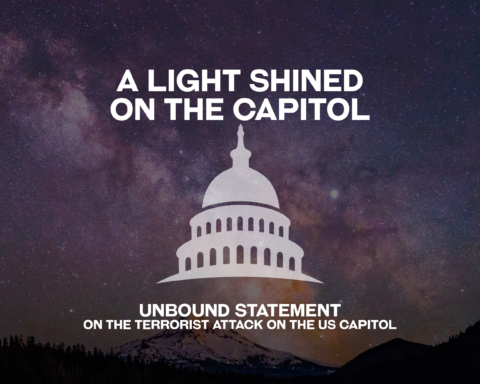
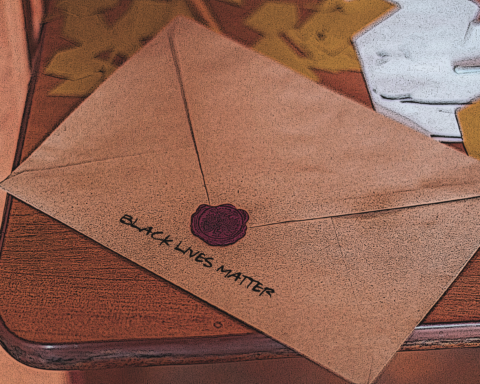
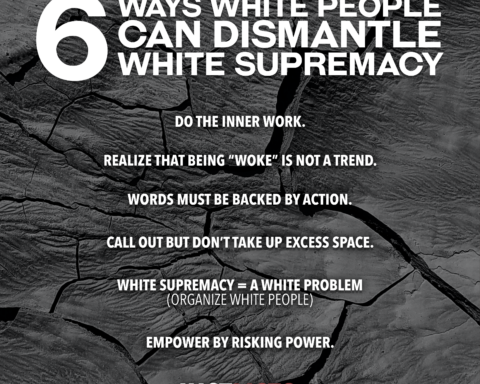
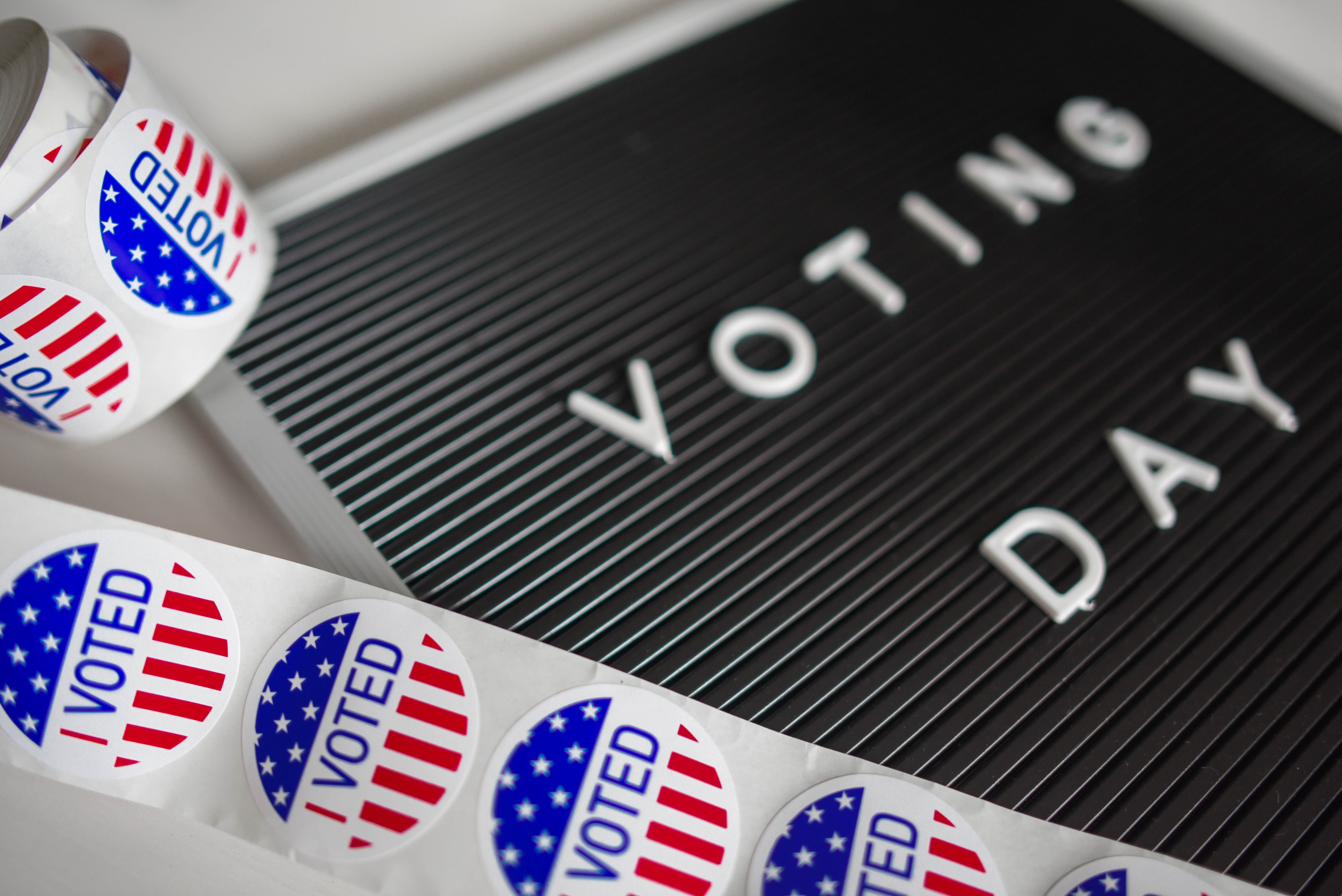
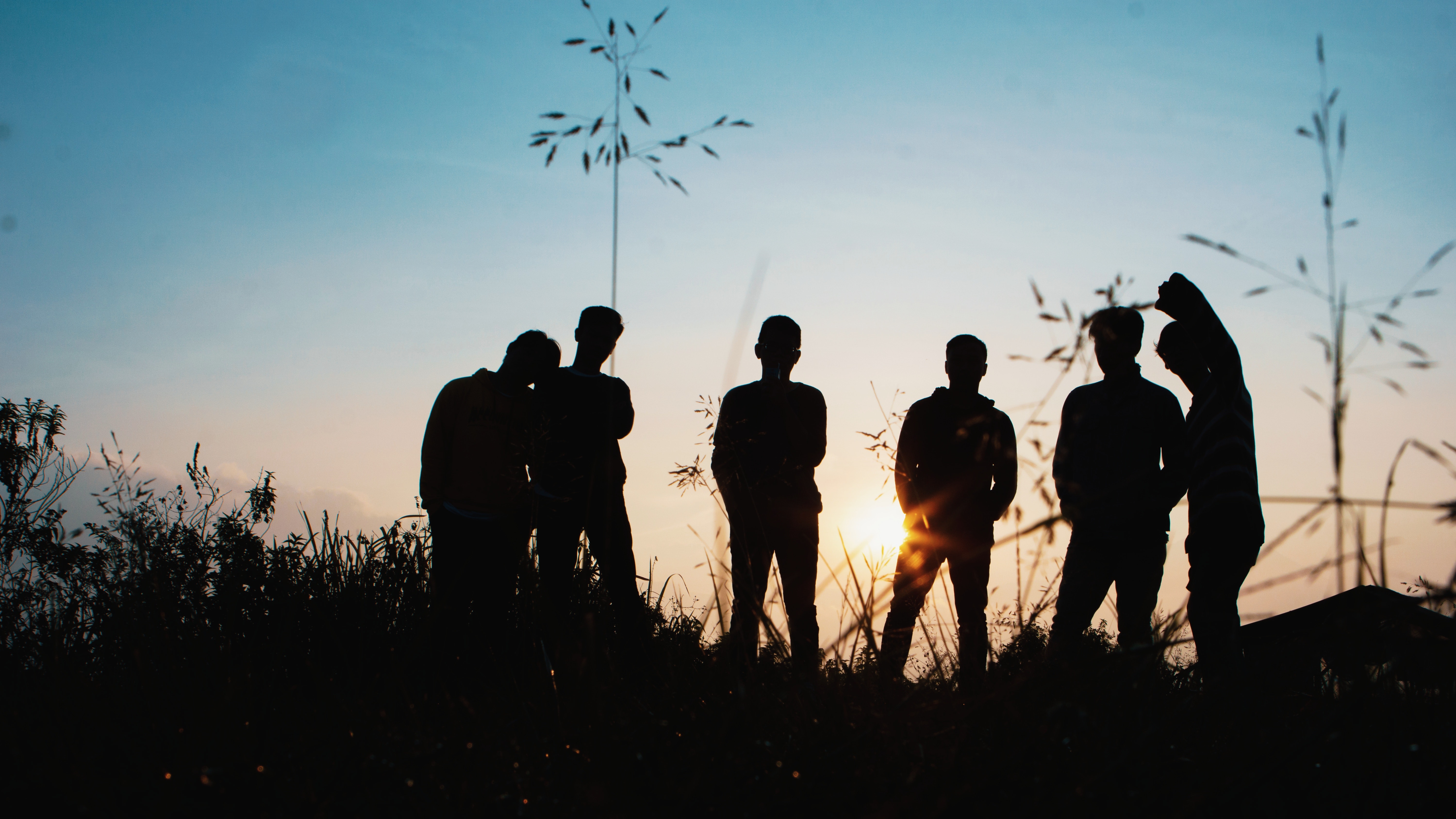
Unbound Social